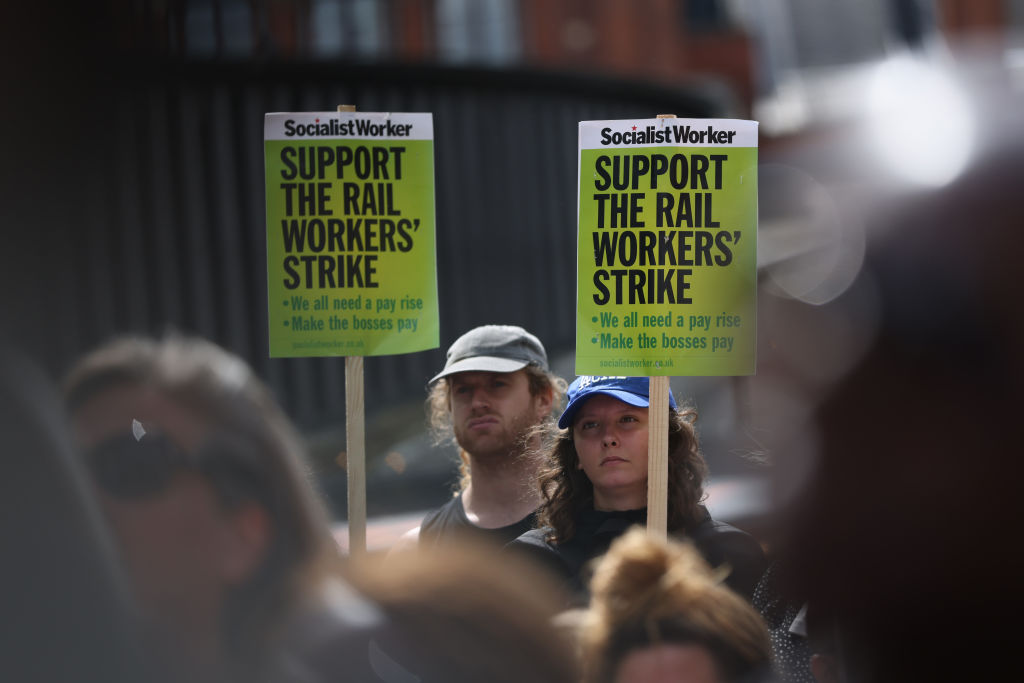It would be madness to arm the unions with acquiescence

THE continuing rail disputes are understandable given that two years of on-off lockdown have disrupted normal pay settlement processes. But the railways have been massively subsidised by the taxpayer over this period, and cannot expect such largesse to continue.
Revenue is down to less than 80 per cent of pre-Covid levels, and patterns of use have changed sharply, with lucrative commuting and business travel way down while cheaper leisure travel and freight are up – meaning that there needs to be considerable reorganisation and changes to working practices. The rail unions’ apparent assumption that things can continue as before while their members receive an inflation-busting pay increase is surely not going to happen.
The rail strikes are only one part of a summer of discontent, with bus drivers, teachers, some NHS workers, civil servants, local government workers and even barristers striking or threatening industrial action. Most of these groups did reasonably well in lockdown, avoiding pay cuts and redundancies which were common elsewhere in the economy. Even in normal conditions, they mainly depend, directly or indirectly, on the taxpayer, and it is the taxpayer who will have to stump up the lion’s share for higher pay settlements.
Union militancy in the public and quasi-public sectors (such as the railways and utilities) is atypical of the workforce as a whole; in much of the private sector unionisation runs at 10 per cent and poorly-paid workers in sectors such as retail, textiles, food services and accommodation and hairdressing have little or no bargaining power.
People have drawn facile comparisons between today’s situation and that of the 1970s. But in those far-off days there was very little employment regulation, no minimum wages, and a much less-skilled and educated workforce less able to fend for themselves, less diverse and less individualistic than today’s workers. Unions such as RMT, Unite and the rest are dinosaurs. Their membership is older and in many ways more cosseted than the bulk of the workforce.
If the government or its intermediaries cave in to militant public sector unions they will add to already out-of-control government spending, make it more difficult to get inflation under control, and will stymie reforms necessary to boost the country’s abysmal productivity record.
The temptation is always to roll over and pay the Danegeld. Getting the trains running normally and calming down civil servants is important, but without a determined stand union leaders will be back for more in a few months’ time.
A determined government could take a leaf out of the Thatcher-Major playbook and develop a proper industrial relations strategy which planned for the future. Components could include a tougher line on union recognition, limitation of union ‘facility time’ (which currently costs the public sector almost £100 million a year), minimum service agreements, strike bans in the civil service, compulsory arbitration in long disputes. None of these threaten the fundamental right to join a union, and most are found in one form or another in perfectly civilised countries such as Germany, Denmark, France, Spain, Canada and Australia. We are not talking about some dictatorial regime.
This year’s midsummer madness is already producing problems for us all on many fronts. It should not extend to giving a free pass to an already privileged part of the workforce.
